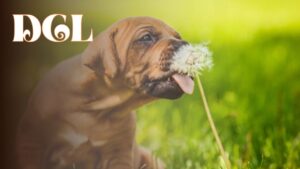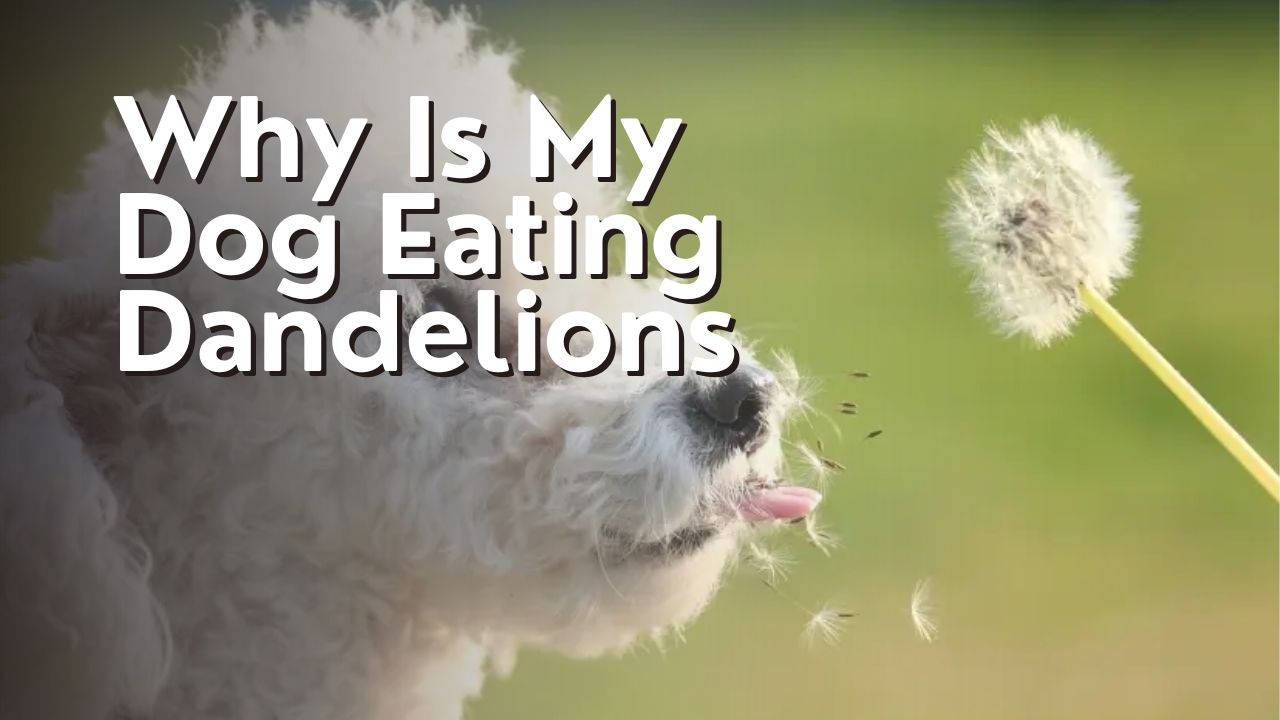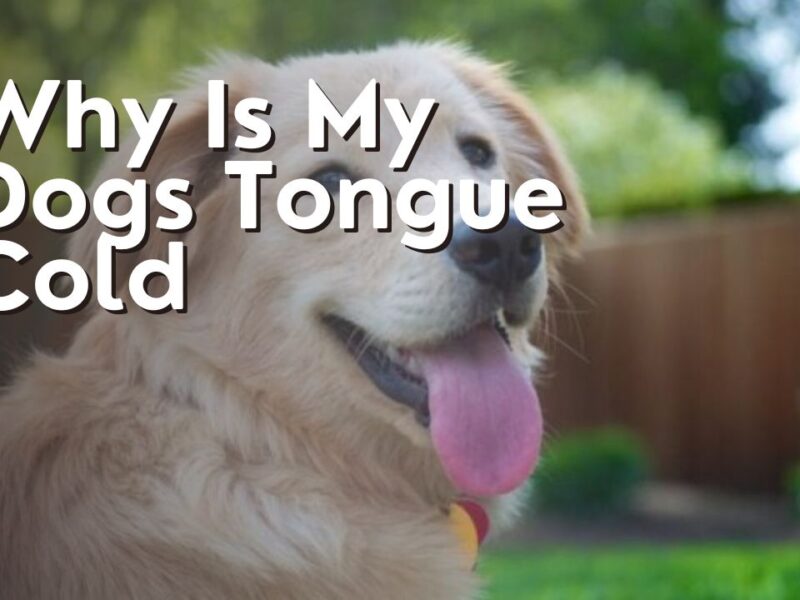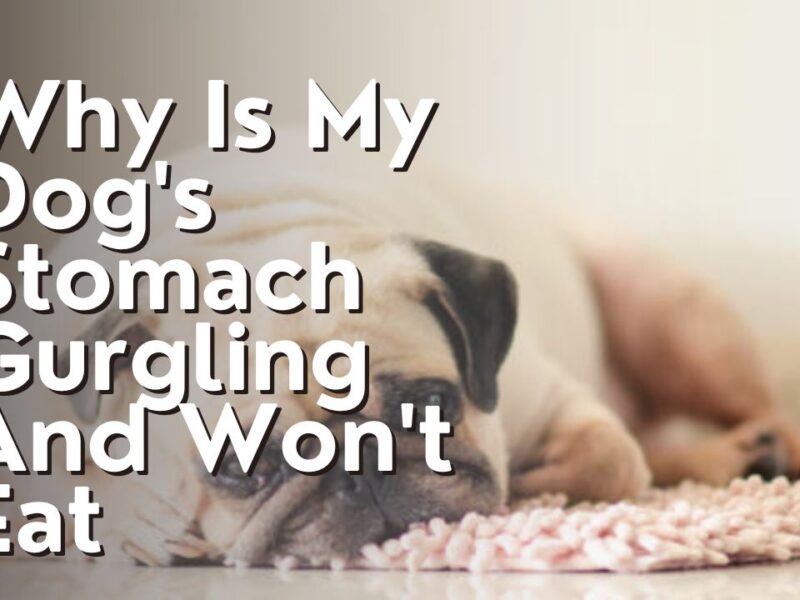Hey there! Have you ever found yourself wondering, ‘Why is my dog eating dandelions?’ Well, you’re not alone. It’s a question that has puzzled many pet owners, including myself.
In this article, I’ll be exploring the common reasons behind this peculiar behavior and shedding some light on the potential risks and concerns associated with it. Don’t worry, though, because I’ll also be sharing some tips on how to prevent or manage your furry friend’s dandelion consumption.
Additionally, I’ll be suggesting alternative natural treats and chews that can satisfy your dog’s cravings in a safer way. However, it’s essential to know when to seek professional advice, so I’ll be touching on that too.
So, let’s delve into this topic and find out why our adorable canine companions have a thing for those yellow flowers.
Common Reasons for Dogs Eating Dandelions
It’s not uncommon for dogs to gobble up dandelions, but it’s important to understand why they’re doing it. There are several common reasons for this behavior.
One possible explanation is that dogs are naturally attracted to the taste and texture of dandelions. They may find the bitter taste appealing or simply enjoy the crunchiness of the flowers.
Another reason could be that dogs are instinctively drawn to plants with medicinal properties. Dandelions have been used in traditional medicine for centuries, and dogs may instinctively seek them out when they’re feeling unwell.
Additionally, dandelions are rich in vitamins and minerals, such as vitamin A and potassium. Dogs may instinctively eat dandelions as a way to supplement their diet and fulfill nutritional needs.
It’s also possible that dogs eat dandelions out of boredom or as a form of entertainment. Chewing on plants can provide mental stimulation and alleviate boredom for dogs, especially if they spend a lot of time indoors or in a confined space.
However, it’s important to note that not all dogs should be eating dandelions. Some dogs may have allergies or sensitivities to certain plants, including dandelions. If you notice any negative reactions, such as vomiting or diarrhea, it’s best to consult with a veterinarian.

Potential Risks and Concerns
When it comes to my dog eating dandelions, there are a few potential risks and concerns that I should be aware of.
Firstly, dandelions can be toxic to dogs if ingested in large quantities, causing symptoms such as vomiting, diarrhea, and even liver damage.
Additionally, some dogs may have allergic reactions to dandelions, experiencing itching, hives, or difficulty breathing.
Lastly, eating dandelions can also lead to digestive issues and upset stomach in dogs, which can be uncomfortable for them.
Toxicity and Allergic Reactions
Pups may gobble up dandelions, but be careful as some dogs can have allergies or adverse reactions to them. Dandelions are generally safe for dogs to eat, but they can cause gastrointestinal upset if consumed in large quantities. However, some dogs may have specific allergies to dandelions, which can lead to skin irritations, itching, or even respiratory problems. It’s important to monitor your dog after they eat dandelions and seek veterinary advice if you notice any unusual symptoms. To give you a better understanding of the potential risks, here’s a table that highlights the possible toxicity and allergic reactions to dandelions:
| Toxicity Symptoms | Allergic Reactions |
|---|---|
| Vomiting | Itchy skin |
| Diarrhea | Hives |
| Abdominal pain | Swelling |
| Loss of appetite | Difficulty breathing |
Remember, every dog is different, so it’s always best to consult with a veterinarian if you have any concerns about your dog’s health.
Digestive Issues and Upset Stomach
Watch out! Your furry friend might experience digestive issues and an upset stomach if they consume too many dandelions. While dandelions are generally safe for dogs to eat in small quantities, overindulging can lead to gastrointestinal discomfort. Here are three reasons why your dog’s tummy may not agree with these yellow flowers:
- Upset Stomach: Dandelions contain a substance called inulin, which can act as a natural laxative. Consuming excessive amounts of inulin can cause diarrhea and loose stools in dogs.
- Bloating: Dandelions are known to be gas-producing, and if your dog eats too many, it can result in bloating and discomfort.
- Allergic Reactions: Some dogs may have an allergic reaction to dandelions, which can manifest as vomiting, itching, or skin irritation.
To keep your furry friend’s digestive system happy, it’s best to limit their dandelion intake and consult your veterinarian if you notice any adverse reactions.
How to Prevent or Manage Dandelion Consumption
To keep your furry friend from munching on dandelions, you can try incorporating bitter-tasting deterrents into their diet or distracting them with engaging toys and activities. Bitter-tasting deterrents can be added to their food or treats to make dandelions less appealing. These deterrents are safe for dogs and can help discourage them from eating the plants. Another way to prevent dandelion consumption is by providing your dog with plenty of toys and activities to keep them mentally and physically stimulated. This will distract them from the dandelions and redirect their attention to something more enjoyable.
Here is a table that showcases some examples of bitter-tasting deterrents and engaging toys and activities:
| Bitter-Tasting Deterrents | Engaging Toys and Activities |
|---|---|
| Apple Cider Vinegar | Puzzle Toys |
| Lemon Juice | Interactive Treat Dispensers |
| Cayenne Pepper | Tug-of-War Rope |
| Grapefruit Seed Extract | Hide and Seek Games |
By incorporating these deterrents and providing plenty of playtime, you can help prevent or manage your dog’s dandelion consumption. Remember to consult with your veterinarian before making any changes to your dog’s diet or introducing new toys.
Alternative Natural Treats and Chews for Dogs
When it comes to giving treats and chews to my dog, I always prioritize safe and healthy options. In this discussion, I want to explore alternative natural treats and chews that are not only enjoyable for dogs, but also beneficial for their overall well-being.
Chewing is a natural behavior for dogs, and providing them with appropriate chew items can help keep their teeth clean and their minds engaged.
Safe and Healthy Options
Take a moment to explore safer and healthier options for your beloved dog’s diet, as indulging in dandelions may not provide the nourishment they truly need. While it’s natural for dogs to have a curious palate and enjoy a variety of treats, it’s important to ensure that these treats are safe and beneficial for their overall health. Here are some safe and healthy options for your furry friend:
| Option | Benefits |
|---|---|
| Carrot sticks | Rich in vitamins and minerals |
| Blueberries | Packed with antioxidants |
| Sweet potato chews | Great for dental health |
| Green beans | Low in calories, high in fiber |
| Apple slices | Provides a crunchy texture |
By incorporating these alternatives into your dog’s diet, you can provide them with a range of nutrients and keep them happily satisfied. Remember, a balanced diet is essential for their well-being, so choose treats that are both delicious and nutritious.

Benefits of Chewing for Dogs
Indulging your beloved canine in safe and healthy options, such as chewing on appropriate treats, can provide numerous benefits for their overall well-being. One of the main advantages of chewing for dogs is dental health. Chewing on hard treats or toys helps to remove plaque and tartar buildup, reducing the risk of gum disease and tooth decay.
Additionally, chewing provides mental stimulation and helps alleviate boredom and anxiety. When dogs chew, it releases endorphins, which promote a sense of relaxation and happiness. Chewing also strengthens jaw muscles and can help prevent destructive chewing behaviors by redirecting their need to chew onto appropriate items.
So, if your dog enjoys chewing on dandelions or other safe options, it’s a natural behavior that can have positive effects on their health and happiness.
When to Consult a Veterinarian
If your furry companion starts gobbling up dandelions like a ravenous forager, it may be time to consult a veterinarian. While it’s not uncommon for dogs to eat grass or plants occasionally, excessive consumption of dandelions could indicate an underlying issue that needs attention. Here are some signs that may indicate a need for veterinary consultation:
| Sign | Possible Cause |
|---|---|
| Persistent vomiting | Gastrointestinal irritation or blockage |
| Diarrhea | Digestive disturbance or food intolerance |
| Lethargy | Nutritional deficiency or systemic illness |
| Loss of appetite | Dental problems or gastrointestinal discomfort |
| Behavioral changes | Pain, anxiety, or hormonal imbalance |
It’s important to note that this table is not exhaustive, and each dog may exhibit unique symptoms. If you notice any of these signs or if your dog’s behavior becomes abnormal after consuming dandelions, it’s best to reach out to your veterinarian for a thorough examination. They can help determine the underlying cause and recommend appropriate treatment or management strategies. Remember, your veterinarian is the best resource for ensuring your dog’s health and well-being.
Frequently Asked Questions
Can dogs develop allergies to dandelions?
Yes, dogs can develop allergies to dandelions. Allergies can cause itching, sneezing, and digestive issues. If your dog is eating dandelions excessively, it’s best to consult a veterinarian to determine the cause.
Are there any nutritional benefits to dogs eating dandelions?
There are some potential nutritional benefits to dogs eating dandelions. They are rich in vitamins A, C, and K, as well as minerals like calcium and iron, which can support their overall health.
Can eating dandelions cause digestive issues in dogs?
Eating dandelions can cause digestive issues in dogs. They may experience upset stomach, diarrhea, or vomiting. It’s best to discourage your dog from eating dandelions to avoid any potential problems.
Is it safe for dogs to eat dandelions treated with herbicides?
It is not safe for dogs to eat dandelions treated with herbicides. These chemicals can be toxic and cause harm to their health. It’s important to keep them away from any potentially harmful substances.
Can dandelions be toxic to dogs if consumed in large quantities?
Dandelions can be toxic to dogs if consumed in large quantities. They may cause stomach upset, diarrhea, and even liver damage. It’s important to monitor your dog’s diet and prevent excessive dandelion consumption.
Conclusion
In conclusion, I’ve learned that there can be several reasons why dogs eat dandelions. One reason is boredom, as dogs may resort to eating plants when they don’t have enough mental or physical stimulation. Another reason is nutritional deficiencies, as dogs may seek out dandelions to supplement their diet with vitamins and minerals that they may be lacking. Lastly, some dogs simply enjoy the taste of dandelions.
While dandelions are generally safe for dogs to eat in moderation, there are potential risks and concerns to be aware of. For example, dandelions may be treated with pesticides or herbicides, which can be harmful to dogs if ingested. It’s important to be cautious and ensure that the dandelions your dog consumes are free from any harmful chemicals.
To prevent or manage dandelion consumption, it’s a good idea to provide alternative natural treats and chews for your dog. This can help satisfy their chewing instincts and divert their attention away from dandelions. Additionally, ensuring that your dog has enough mental and physical stimulation can help reduce their desire to eat plants.
If you’re ever unsure or concerned about your dog’s behavior or their consumption of dandelions, it’s always best to consult a veterinarian for guidance. They can provide you with personalized advice and address any specific concerns you may have.


